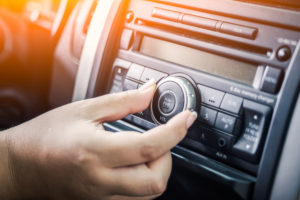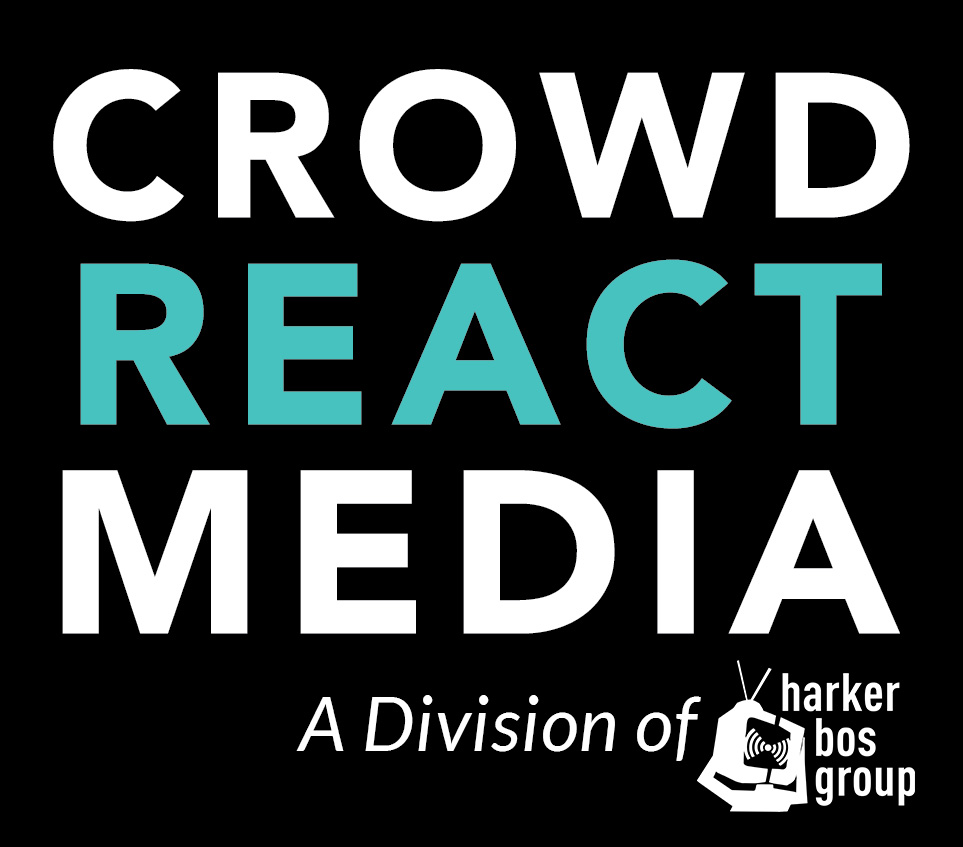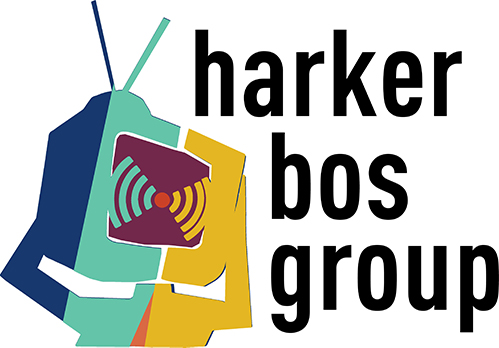When did “radio” become a dirty word?

Audacy recently released a great study on the personal connection listeners have between their lives and radio. We felt the report was well written, insightful, and a significant contribution to the industry. We encourage everyone in the industry to read and share it.
One aspect of the study, however, made us uneasy. The word “radio” appeared only four times and three of those four were because listeners called what they listen to radio. In most places you would expect the word “radio” to appear it was replaced with the word “audio.” “Audio” appeared dozens and dozens of times and on every page.
The increasingly common use of the word “audio” where radio would normally be used suggests that some in the radio industry are embarrassed by the label. Perhaps to them radio seems old-fashioned, dated.
We believe this trend is misguided. Trying to distance the business from the term “radio” is a mistake on multiple levels, the most obvious being that listeners call what we do radio, not audio. Ask people what they listen to. Do they say audio? No.
We should call this service we provide “radio” because that’s what listeners call it. In this increasingly complex world of audio entertainment owning the name is a tremendous advantage. It identifies our brand.
Too many in the industry want to hide the label “radio” because they see radio as transmitters, towers, and table-top radios. That’s not how listeners see it. When listeners think about radio they think of what comes through the speakers and earbuds. Radio is curated music and spoken word streamed to listeners. Radio is podcasting. Radio is what we deliver.
Radio most importantly is a relationship between listeners and a local station, its hosts and personalities. Radio is local. No other audio source can claim that.
Local radio reflects the values of its community. Local radio provides reliable community information, companionship, and fun. When a listener tunes to a local station they hear familiar voices, music curated for their town, and relevant relatable news.
It is a personal connection. An experience that listeners value.
Every local radio station is a powerful brand in its own right and collectively the envy of every other audio source. We need to embrace and cultivate Radio as a brand, not bury it.
Over the next few weeks, we will explore these issues in greater depth on the Harker Bos Group Blog and share our research about radio branding.

